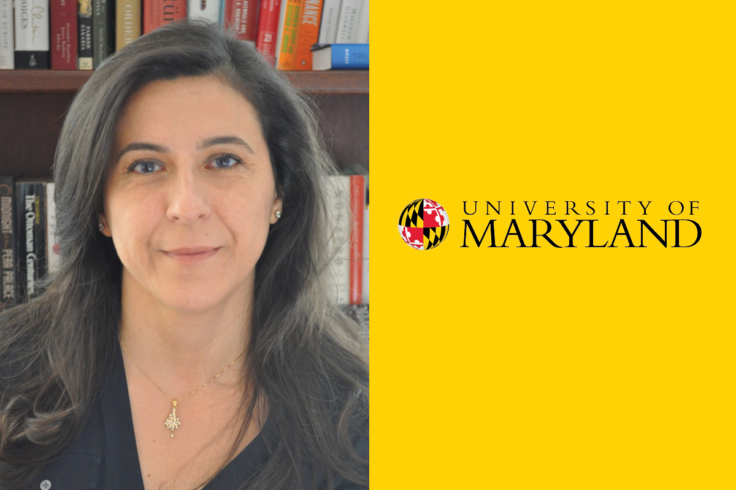Economic Recovery Dependent on Vaccinating the World
What is the cost of not vaccinating everyone? My colleagues and I sought to find out what the total hit to the global economy of uneven vaccination distribution might be.
To do so, we analyzed 35 industries – such as services and manufacturing – in 65 countries and examined how they were all linked economically in 2019, before the pandemic. For example, the construction sector in the U.S. relies on steel imported from Brazil, American auto manufacturers need glass and tires that come from countries in Asia, and so forth. We then used data on COVID-19 infections for each country to demonstrate how the coronavirus crisis might disrupt global trade, curbing shipments of steel, glass and other exports to other countries. The more that a sector relies on people working in close proximity to produce goods, the more disruption there will be due to higher infections. We then modeled how vaccinations could help to alleviate these economic costs, as a healthy and immune workforce is able to increase output.
Our results showed that if wealthier nations are fully vaccinated by the middle of this year – a goal that many countries are striving for – yet developing countries manage to vaccinate only half of their populations, the global economic loss would amount to around US$4 trillion. And, the U.S., Canada, Europe and Japan would shoulder almost half the burden of continuing disruptions to global trade – even if they themselves managed to vaccinate the entirety of their own populations.
The findings come as the global community seeks ways to address the imbalance in national vaccinations. Results from our study, published as a working paper by the National Bureau of Economic Research and its European counterpart, the Center for Economic Policy Research, were presented at a recent World Health Organization briefing. The timing of the report also coincides with President Joe Biden’s announcement that the United States intends to join COVAX – an initiative aimed at vaccinating at least 20% of the population of every country by the end of this year. Yesterday, Biden pledged 4 billion USD support for COVAX, making up 1/7th of the current shortfall in COVAX.
No economy is an island – full global economic recovery will come only when every economy recovers from the pandemic.
–Dr. Şebnem Kalemli-Özcan, Neil Moskowitz Professor of Economics and Finance, University of Maryland, College Park
Dr. Şebnem Kalemli-Özcan is Neil Moskowitz Endowed Professor of Economics at University of Maryland, College Park. She is a Research Associate at the National Bureau of Economic Research (NBER) and a Research Fellow at the Center for Economic Policy Research (CEPR). Currently, she is the co-editor of Journal of International Economics and serves at the editorial board of American Economic Review. She also serves at the economic advisory panel at the NY Federal Reserve.



